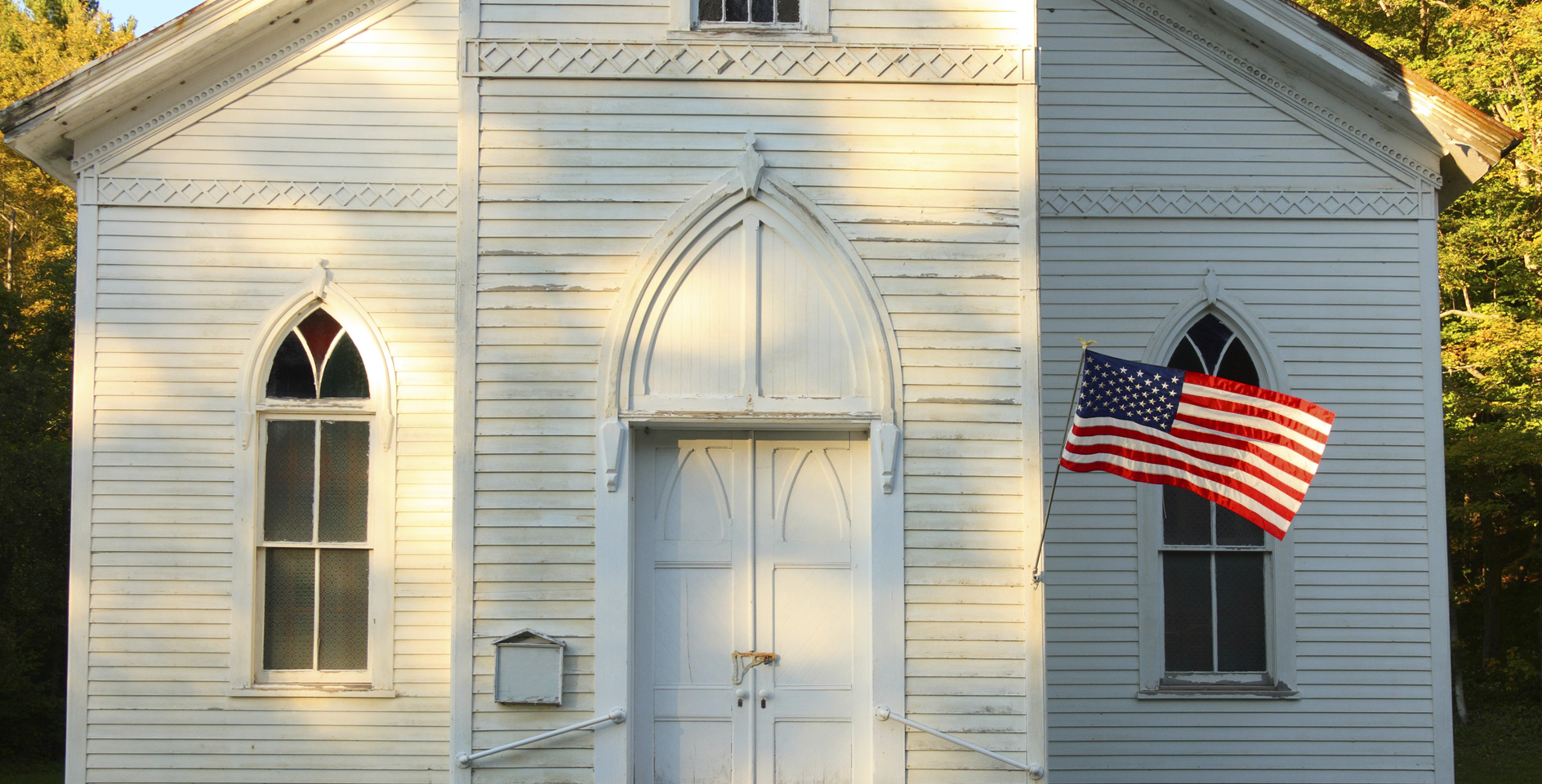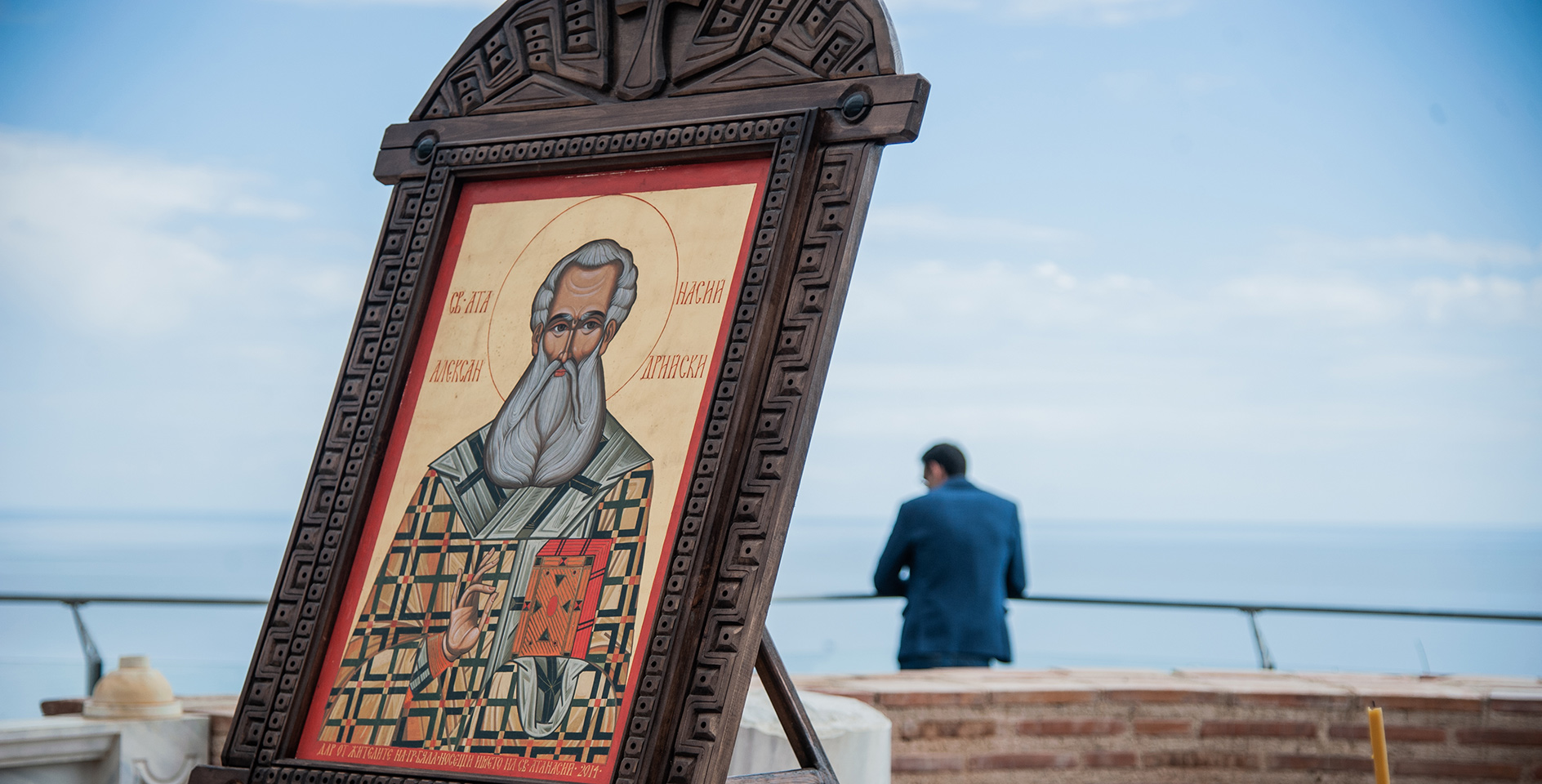This will be a year of incredible new books. Maybe you made a New Year’s resolution to read more. Maybe you received a gift card to use on new books. Or maybe you just love to read. Whatever the case, here are some of the most anticipated books of 2017 on theology, history and culture that you should consider adding to your reading list.
Andrew T. Walker, God and the Transgender Debate (August, The Good Book Company).
The book: An evangelical consideration of transgenderism.
Why this book?: The sexual revolution isn’t going away. In order to be faithful in our public witness, Christians need to understand the Bible’s teaching on sex and gender. In this helpful book, my friend Andrew guides us toward that goal.
William Edgar, Created and Creating: A Biblical Theology of Culture (January, IVP Academic).
The book: A biblical-theological exhortation to participate in culture work.
Why this book?: Edgar presents the teachings of Scripture on faith and culture and consults the wisdom of prominent voices such as Abraham Kuyper, T. S. Eliot, H. Richard Niebuhr, and C. S. Lewis to build a solid case for Christian cultural engagement.
Makoto Fujimura, Culture Care: Reconnecting with Beauty for Our Common Life (February, IVP Books).
The book: An artist’s call for Christians to take responsibility for creating culture.
Why this book?: This is a book written for those who create. From musicians, to painters, to writers, to business entrepreneurs, Fujimura insists that the culture we create is a vital part of the way that we serve one another.
Josh Larsen, Movies Are Prayers: How Films Voice Our Deepest Longings (June, IVP Books).
The book: An interesting look at the way that films express the human experience.
Why this book?: Most people spend a lot of time watching movies and television. This is a book that considers the meaning and function of the movies we watch.
Mark Mattes, Martin Luther's Theology of Beauty: A Reappraisal (August, Baker Academic).
The book: Mattes considers Luther’s theology of beauty and its significance for the arts, music, and aesthetics.
Why this book?: Our world can seem so dark at times. Mattes argues that Luther understood the cross of Christ to be the lens through which the beauty of God can be seen in the world.
Tommy Kidd, Benjamin Franklin: The Religious Life of a Founding Father (May, Yale University Press).
The book: A new biography of Benjamin Franklin’s approach to religion.
Why this book?: Franklin continues to be one of the most important thinkers in American history. Though he is remembered as a deist, Franklin published a significant number of works on religious subjects during his life. Given his tremendous influence, Franklin’s thoughts on religion are certainly worth exploring.
Frances FitzGerald, The Evangelicals: The Struggle to Shape America (April, Simon and Schuster).
The book: A historical look at the evangelical movement in America from the puritans to the present.
Why this book?: Evangelicals are everywhere and evangelicalism is one of the most significant religious and political movements in American history.
Rod Dreher, The Benedict Option: A Strategy for Christians in a Post-Christian Nation (March, Sentinel).
The book: Dreher sets forth an ancient strategy for Christian flourishing and applies it to our modern context.
Why this book?: This work is important because it reminds us of the essentials of Christianity, of true Christianity apart from Christendom.
Keep an eye out for my next post where I discuss more great reads for 2017.










